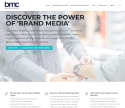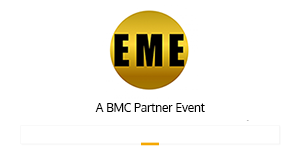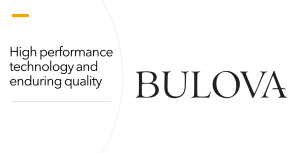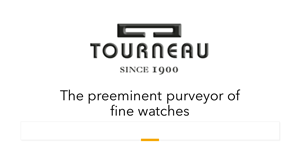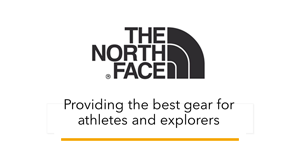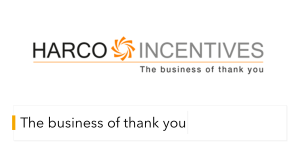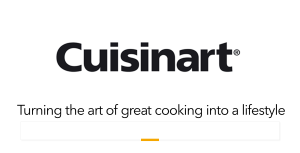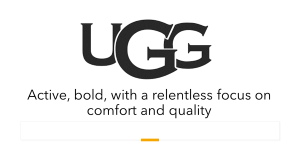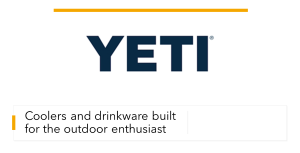News Analysis-Why It's Time Now to Get Educated on R&R Best Practices
- Steve Jobs: ‘Tell Them What They Need Well Before They Realize It’
- Seth Godin: ‘Most Successful Organizations Change Their Customers’
- Authors Dixon and Adamson: ‘Challengers Teach Their Customers’
By Bruce Bolger
When asked about why so many incentive, recognition, and loyalty programs fail to meet best practices of program design, one executive at a top incentive program told me it was because companies usually turn to incentives for a quick fix and want nothing more than a simple carrot. Another said that most companies do not wish to pay for expertise and are looking for the lowest cost rewards supplier. When asked why his company doesn’t push the research showing the importance of the rewards experience, one executive answered, “because the clients aren’t asking for it and won’t want to pay for it.”
With U.S. organizations estimated to spend upward of $50 billion in incentive, recognition and loyalty programs, should management seeking out the most productive way to spend their incentive, recognition and loyalty dollars work with solution-providers who wait to be asked about new ways to improve results, or are they better served by the type of solution-provider that challenge assumptions with new research and best practices? For answers, we went to the writings of Steve Jobs, marketing expert Seth Godin and The Challenger Sale authors Matthew Dixon and Brent Adamson.
Steve Jobs: ‘Tell Them What They Need Well Before They Realize It’
Here’s what Steve Jobs said about the role of any product or service supplier: “Get closer than ever to your customers. So close, in fact, that you tell them what they need well before they realize it themselves.” He explained: “It is hard to design by focus groups because most of the time people don’t know what they want until you show it to them.”
The need for expert solution-providers willing to challenge the status quo is particularly relevant in the field of incentives, rewards and recognition, in which programs frequently break basic, common-sense rules related to program design and the reward selection and presentation process. Too often, programs focus on the top performers or fail to integrate all of the elements that engage people because of organizational silos, or they overlook the importance of the reward experience itself.
While some buyers at organizations may consider themselves experts on their needs with little receptivity to outside ideas, most professionals dedicated to continuous improvement seek out solution-provides ready to educate them on the latest trends, science and best practices. Why? Because these professionals know that in some cases they’re not even sure of the right questions to ask related to all the areas of engagement today’s modern executive must master.
Seth Godin: ‘Most Successful Organizations Change Their Customers’
In an Inc. magazine interview, Seth Godin, the widely followed marketing analyst, said, “the most successful organizations change their customers in some way (and in many instances, actually reinvent their customers). Think Apple, Harley Davidson, Facebook and AirBnB. Think about how these four iconic organizations have changed their customers, their buying habits, their lifestyle, their communication and their travel. We have to ask ourselves, how are we changing our customers? And if we aren’t, who is? Are our customers deeply connected and trusting of us, to the point where we become a big enough part of their life to evoke change?”
Steve Jobs’ advice: “As long as you have an idea that improves someone’s life or moves society forward, then you have a story to tell. It’s up to you to communicate your story in a way that inspires, energizes and excites your listeners.” He pointed out: “The only way to come up with something new—something world changing—is to think outside of the constraints everyone else has. You have to think outside of the artificial limits everyone else has already set.”
Dixon and Adamson: ‘Challengers Teach Their Customers’
Matthew Dixon and Brent Adamson, authors of the sometimes controversial The Challenger Sale series of books and training programs, argue that the best organizations lead their customers rather than follow. In a 2011 Harvard Business Review article, “Selling is Not About Relationships,” they assert that the most successful sales organizations build relationships and trust by challenging rather than following their customers. Based on their research, of the five types of salespeople they’ve identified—Relationship Builders, Hard Workers, Lone Wolves, Reactive Problem Solvers and Challengers—it’s the Challengers, they claim, who consistently outperform the others by using “their deep understanding of their customers’ business to push their thinking and take control of the sales conversation. They’re not afraid to share even potentially controversial views and are assertive — with both their customers and bosses.”
Their analysis of sales professionals postulates that Challengers make “up close to 40% of star reps.” What makes their approach successful? In part, they write, “Challengers teach their customers. They focus the sales conversation—not on features and benefits, but on insight, bringing a unique (and typically provocative) perspective on the customer’s business. They come to the table with new ideas for their customers that can make money or save money—often opportunities the customer hadn’t realized even existed.”
ISO 9001 and ISO 10018, or any such standard, only provides a roadmap. Success depends on design, management and execution unique to the needs of the organization and the capabilities of the solution-providers.
If Jobs, Godin, Dixon and Adamson are correct, no organization interested in best practices should have to wait to be informed when the world’s most prestigious organization for creating standards on Quality Management determines after 30 years that it overlooked the critical importance of a strategic approach to human capital management and developed a strategy to address it.
In a recent interview with the Harvard Business Review, Merck CEO Kenneth Frazier said: “What I worry about most is that we’re so comfortable with what we know that we won’t make the kinds of changes we need to make.” Organizations need solution-providers who inform their clients about any new information that ensures they make the kinds of changes that need to be made.
Article Sponsor: The Enterprise Engagement Alliance and Rewards & Recognition Expo
Elevate Your Expertise and Standards in Rewards and Recognition
Online: The Art & Science of Engaging Rewards e-book, a compilation of the leading conclusions of rewards and recognition research and the implications on program design and the rewards experience.
In Print: Enterprise Engagement: The Roadmap 4th Edition, How to Achieve Organizational Results Through People and Quality for ISO 10018 Certification. The first and most comprehensive book on Enterprise Engagement and the new ISO 9001 and ISO 10018 Quality People Management standards. It includes chapters on Rewards and Recognition, Incentive Travel, Motivational Events and more.
Learning: The Enterprise Engagement Academy, providing the only formal training on Enterprise Engagement and the new ISO 9001 and ISO 10018 Quality People Management standards, which includes training on rewards and recognition.
Live: The Rewards & Recognition Expo, May 8-9 in Galveston, TX, one hour south of Houston. Part of Engagement World, May 7-9, offering education, certification and exhibits in multiple areas of engagement focusing on new ways to maximize program design and the reward experience, featuring the leading brands, retail gift cards and master fulfillment companies active in the industry.



